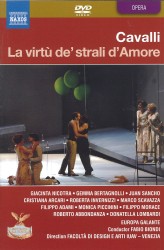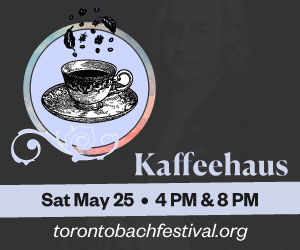 Cavalli – La virtù de’strali d’Amore
Cavalli – La virtù de’strali d’Amore
Europa Galante; Fabio Biondi
Naxos 2.110614-15
Cavalli is still underestimated as an opera composer. He was supremely lucky in his librettists and achieved new heights with Giovanni Faustini and his family. This was the first of ten operas which included Calisto, Ormindo and greatest of all L’Egisto. Faustini took elements of Greek and Roman mythology and wove them into original allegorical dramas. Here the basic plot involves stealing Cupid’s (Amore’s) arrows to humble him and teach him to use his powers more responsibly. This plot involves Venus, Mars, Mercury, Jupiter and Saturn but soon intertwines with good and bad magic, and a confused pair of royal lovers. As in the original staging, there is a lot of doubling and tripling of parts except for the excellent main voices: Pallante (Juan Sancho), Meonte (Filippo Adami) and Erabena (Cristiana Arcari) who is disguised for most of the opera as a squire, Eumete. Roberta Invernizzi plays both Cleria, the object of love for several characters, but also appropriately, the goddess Venus.
This performance was filmed at the Teatro Malibran in Venice, October 14, 2008. The already complex plot is not helped by the cuts of several scenes — even so it still clocks in at 150 minutes and is on 2 DVDs. The sets vary from timeless to odd; the magic urn to be destroyed (see Alcina) is represented by a few large green balloons; the nymphs who hunt with Cleria appear to be flappers from the ’20s, not exactly helpful in the forests of Cyprus! There is also stripping as an expression of intense desire, crudely at odds with the glorious music. It is good to hear the duet “Ai baci, al letto” in its original context: when Cavalli was being “Leppardized” for Glyndebourne and everything had to be altered to a two-act format, this piece was sung by Ormindo and Erisbe as they embarked on their getaway ship just before the picnic break! Beautiful, sensuous, but not the thing to speed one across the seas.
Even with a less than stellar staging, this is an important addition to the repertoire and improves with repeated hearings.



